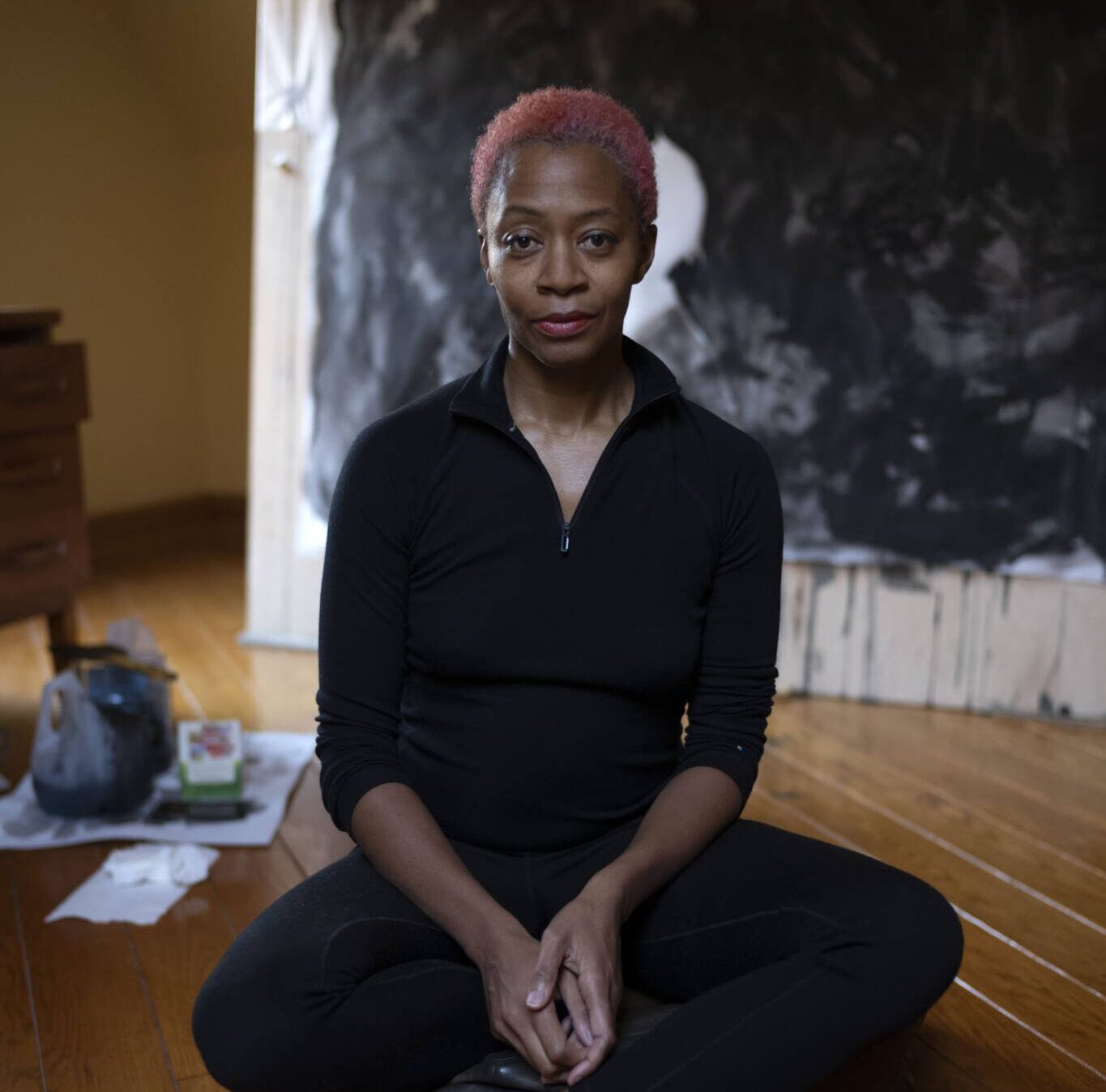
Working the Negative Space: A look at the work of Kara E. Walker, past and future
Kara Walker, artist
March 25, 2025 · 4:30 pm—6:00 pm · 10 McCosh
Humanities Council

Tickets are required for this event, and are currently sold out. Please email humanities@princeton.edu to join the notification list in case of additional ticketing opportunities.
Acclaimed artist Kara Walker will visit Princeton University as the Humanities Council’s Spring 2025 Belknap Visitor in the Humanities.
As part of her visit, Walker will deliver a public lecture, titled “Working the Negative Space,” which will provide a look at her groundbreaking past and future work, from shadow puppets to automatons. The lecture is part of the Council’s yearlong Baldwin Circles project, and is co-sponsored by the Princeton University Art Museum.
The Belknap Visitors in the Humanities program was created to recognize distinguished individuals in the arts and letters. Previous visitors include Toni Morrison, Eudora Welty, Nadine Gordimer, Roy Lichtenstein, John Updike, Ryûsuke Hamaguchi, Peter Sellars, Arthur Miller, Twyla Tharp, Maurice Sendak, Ghiora Aharoni, Wim Wenders, Meryl Streep, Robert Alter, Maya Lin, and Stephen Sondheim.
About Kara Walker:
New York based artist Kara Walker is best known for her candid investigation of race, gender, power, and national mythologies via her signature cut-paper silhouettes. Born in Stockton, California in 1969, Kara Walker was raised in Atlanta, Georgia from the age of 13. She studied at the Atlanta College of Art (BFA, 1991) and the Rhode Island School of Design (MFA, 1994). She is the recipient of many awards, notably the John D. and Catherine T. MacArthur Foundation Achievement Award in 1997 and the United States Artists, Eileen Harris Norton Fellowship in 2008. Walker is a member of the American Academy of Arts and Letters (elected 2012) and American Philosophical Society (elected 2018) and was named an Honorary Royal Academician by the Royal Academy of Arts, London in 2019.
Walker’s work is in the collection of prominent museums and public collections throughout the United States and Europe, including the Kunstmuseum Basel’s Kupferstichkabinett (Department of Prints and Drawings); the Solomon R. Guggenheim Museum, New York; the Museum of Modern Art, New York; the Metropolitan Museum of Art, New York; the Tate Gallery, London; the Museo Nazionale delle Arti del XXI secolo (MAXXI), Rome; and the Deutsche Bank Collection, Frankfurt. Fortuna and the Immortality Garden (Machine), a commissioned site-specific installation for the San Francisco Museum of Modern Art, is on view at the museum through May 2026. Inspired by a wide range of sources, from antique dolls to Octavia Butler’s novel Parable of the Sower, the commission considers the memorialization of trauma, the objectives of technology, and the possibilities of transforming the negative energies that plague contemporary society using life-sized automatons trapped in a never-ending cycle of ritual and struggle.















